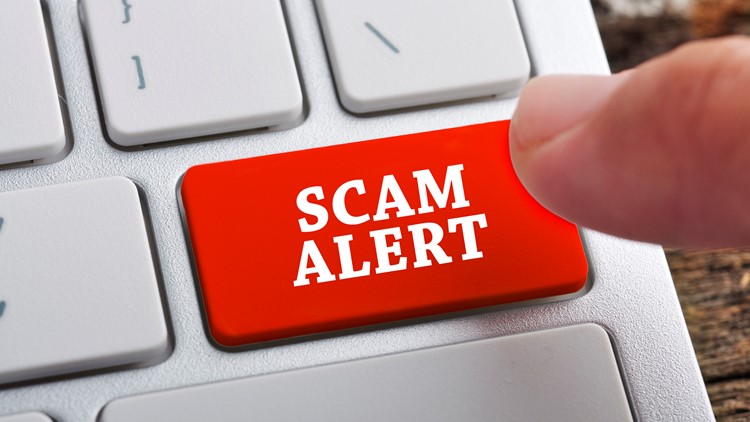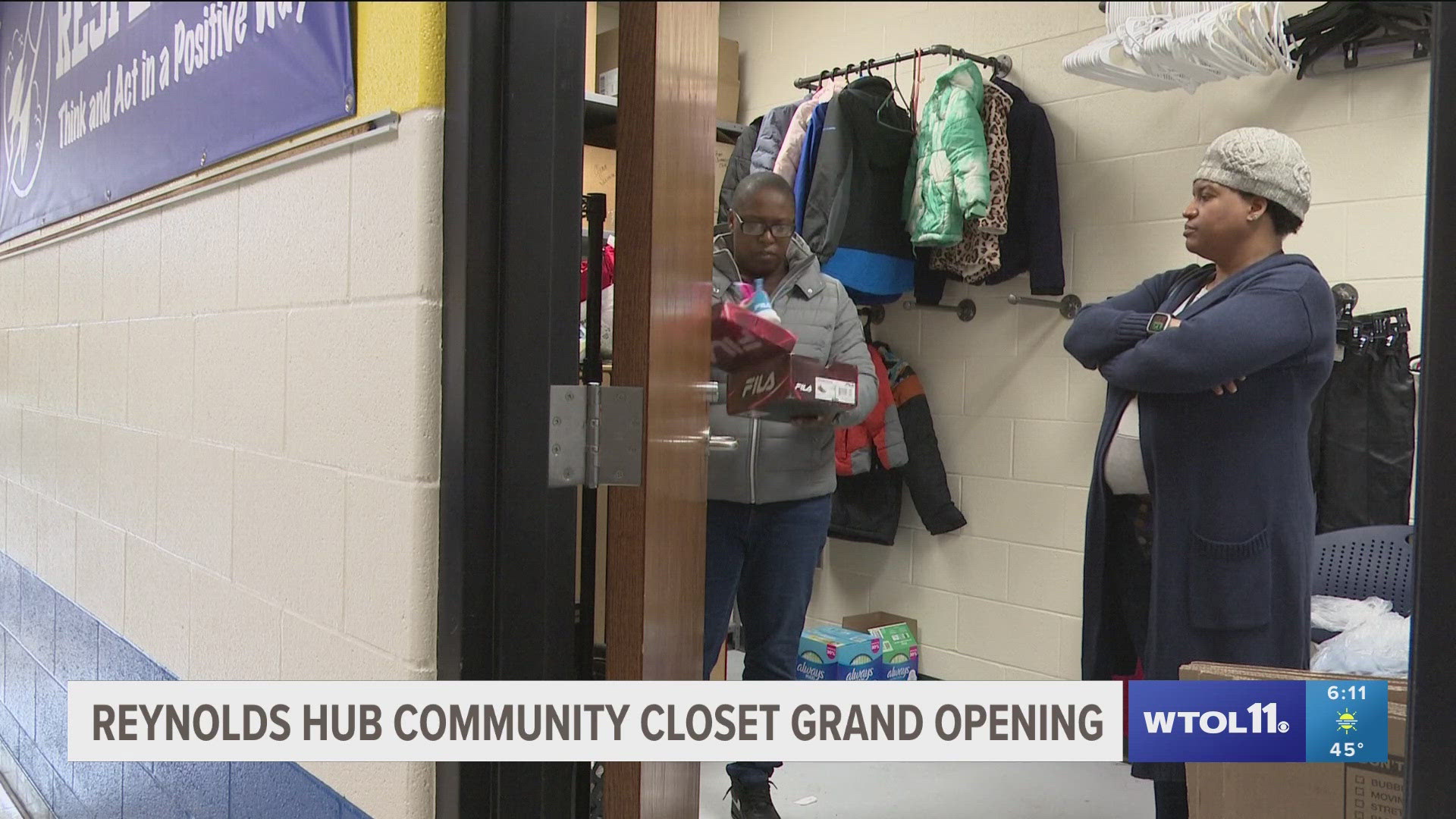CLEVELAND — It’s the magical time of year when we put others before ourselves, but don’t feel bad if all you want for Christmas is to not be scammed.
According to the Better Business Bureau, scammers are hoping to cash in on a busy online shopping season.
Some of them are using fake phishing emails disguised as real shipping companies like FedEx. These emails usually claim the driver had a problem delivering a package and provide a link for you to click.
Experts warn against clicking on any of those links or attachments because you might be signing up for a virus. Instead, call the company for additional information.
Along the lines of posers, be on the lookout for holiday sales that seem too good to be true. Who doesn’t love a good deal?
“Scammers will make a site that mimics a well-known brand and try to fool shoppers,” Katherine Hutt, BBB, said. “The average loss is 101 dollars and the most susceptible to this kind of scam are young women.”
According to the FBI, non-delivery crimes are one of the most prevalent holiday scams.
For example, if your child has any popular toys on his or her list, the BBB recommends being extra careful because those toys could be bait for online purchase schemes.
Parents buy the toy and may never get it or their money back.
Some things to look for while shopping online include websites with countdown clocks at checkout, unrealistic deals on newly released products or no contact information or address for the company.
The Secret Sister Gift Exchange scam typically makes its rounds on social media scam around this time, too.
You’ll see a Facebook post recruiting women to participate in a gift exchange program. You buy one gift and send it to an address with claims that the giver will receive multiple gifts in return.
“In the long run you don't get anything back,” Tony Binkley, BBB, said. “The worst thing, in my opinion, is you're giving up information. You're giving up your name and address to people who may not use that for good purposes.”
During this time of year, keep a close eye on your bank account, double and triple check information that seems too good to be true.



